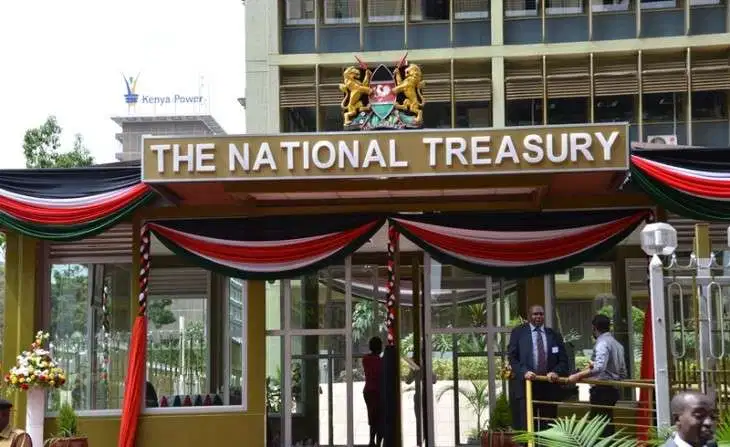At least 16 counties are facing criticism for failing to pay staff in May and June despite having received their full allocations from the Treasury, raising questions about financial discipline in the devolved units.
The Controller of Budget (CoB), Margaret Nyakang’o, revealed that Nairobi, Mombasa, Nyandarua, Turkana, Narok and Bungoma were among those that did not seek approval to withdraw salaries from the Central Bank of Kenya accounts.
She said that Turkana, Narok and Bungoma last processed salaries in April, while Bomet, Kilifi, Kisumu, Machakos, Makueni, Mandera, Marsabit, Meru, Murang’a, Nairobi, Nyandarua, Tharaka Nithi and Mombasa only processed May salaries.
“Notably, out of the 47 county governments, 16 did not request their June 2025 salaries,” Nyakang’o said.
The office noted that the lapse occurred despite counties receiving Sh533.1 billion during the year.
This included Sh387.43 billion as equitable share, Sh30.83 billion in arrears from the 2023/24 financial year, Sh24.86 billion in additional allocations, Sh22.69 billion in cash balances from 2023/24, and Sh67.3 billion generated from their own revenues.
“For those county governments that did not requisition their June 2025 salaries, the controller advises them to ensure adequate allocation for employee compensation in 2025/26 fiscal year to cover wages for 12 months, as well as any arrears,” she said.
Counties spent Sh220.6 billion on salaries and allowances, which amounted to 41.4 percent of their total revenues, up from Sh209.8 billion the previous year.
This spending breached the legal requirement that limits wage bills to 35 percent of revenues, with only seven counties complying.
These included Kilifi (24 percent), Siaya (26 percent), Tana River (27 percent), Nakuru (30 percent), Kwale (31 percent), Nandi (33 percent) and Nyandarua (33 percent).
The report also flagged the continued use of manual payroll systems. “Further analysis also indicates that Sh10.7 billion, five percent of the total expenditure on employee compensation, was processed manually and paid outside the government payroll system,” said the CoB.
This amount, although a 33 percent drop from Sh15.9 billion in the previous year, still exposed counties to possible misuse of public funds.
The CoB further raised concerns about the growing health wage bill, which has taken up a large share of county resources. By the end of June, counties had spent Sh141.78 billion on the health sector, almost 30 percent of their total spending of Sh470.74 billion.
Of this, Sh97.45 billion went directly to salaries for health staff.
She pointed out that Baringo allocated more than two-thirds of its wage bill to health salaries, with Nyeri at 56 percent, Trans Nzoia at 55 percent, and Taita Taveta at 54 percent.
While acknowledging the importance of health sector funding, Nyakang’o cautioned that the rising wage burden was squeezing resources meant for other services.
“County governments should mobilise additional funds for the health sector in collaboration with other stakeholders. This strategy would help alleviate the financial burden and free up resources for other sectors,” she said.

